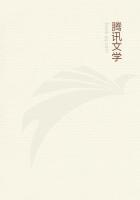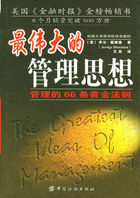For it is in this way that a father is called the father of his son;for the one has acted and the other has been acted on in a certain way. Further, some relative terms imply privation of potency, i.e.
'incapable' and terms of this sort, e.g. 'invisible'.
Relative terms which imply number or potency, therefore, are all relative because their very essence includes in its nature a reference to something else, not because something else involves a reference to it; but (3) that which is measurable or knowable or thinkable is called relative because something else involves a reference to it. For 'that which is thinkable' implies that the thought of it is possible, but the thought is not relative to 'that of which it is the thought'; for we should then have said the same thing twice.
Similarly sight is the sight of something, not 'of that of which it is the sight' (though of course it is true to say this); in fact it is relative to colour or to something else of the sort. But according to the other way of speaking the same thing would be said twice,-'the sight is of that of which it is.'
Things that are by their own nature called relative are called so sometimes in these senses, sometimes if the classes that include them are of this sort; e.g. medicine is a relative term because its genus, science, is thought to be a relative term. Further, there are the properties in virtue of which the things that have them are called relative, e.g. equality is relative because the equal is, and likeness because the like is. Other things are relative by accident; e.g. a man is relative because he happens to be double of something and double is a relative term; or the white is relative, if the same thing happens to be double and white.
16
What is called 'complete' is (1) that outside which it is not possible to find any, even one, of its parts; e.g. the complete time of each thing is that outside which it is not possible to find any time which is a part proper to it.-(2) That which in respect of excellence and goodness cannot be excelled in its kind; e.g. we have a complete doctor or a complete flute-player, when they lack nothing in respect of the form of their proper excellence. And thus, transferring the word to bad things, we speak of a complete scandal-monger and a complete thief; indeed we even call them good, i.e. a good thief and a good scandal-monger. And excellence is a completion; for each thing is complete and every substance is complete, when in respect of the form of its proper excellence it lacks no part of its natural magnitude.-(3) The things which have attained their end, this being good, are called complete; for things are complete in virtue of having attained their end. Therefore, since the end is something ultimate, we transfer the word to bad things and say a thing has been completely spoilt, and completely destroyed, when it in no wise falls short of destruction and badness, but is at its last point. This is why death, too, is by a figure of speech called the end, because both are last things. But the ultimate purpose is also an end.-Things, then, that are called complete in virtue of their own nature are so called in all these senses, some because in respect of goodness they lack nothing and cannot be excelled and no part proper to them can be found outside them, others in general because they cannot be exceeded in their several classes and no part proper to them is outside them; the others presuppose these first two kinds, and are called complete because they either make or have something of the sort or are adapted to it or in some way or other involve a reference to the things that are called complete in the primary sense.
17
'Limit' means (1) the last point of each thing, i.e. the first point beyond which it is not possible to find any part, and the first point within which every part is; (2) the form, whatever it may be, of a spatial magnitude or of a thing that has magnitude; (3)the end of each thing (and of this nature is that towards which the movement and the action are, not that from which they are-though sometimes it is both, that from which and that to which the movement is, i.e. the final cause); (4) the substance of each thing, and the essence of each; for this is the limit of knowledge; and if of knowledge, of the object also. Evidently, therefore, 'limit' has as many senses as 'beginning', and yet more; for the beginning is a limit, but not every limit is a beginning.
18
'That in virtue of which' has several meanings:-(1) the form or substance of each thing, e.g. that in virtue of which a man is good is the good itself, (2) the proximate subject in which it is the nature of an attribute to be found, e.g. colour in a surface. 'That in virtue of which', then, in the primary sense is the form, and in a secondary sense the matter of each thing and the proximate substratum of each.-In general 'that in virtue of which' will found in the same number of senses as 'cause'; for we say indifferently (3)in virtue of what has he come?' or 'for what end has he come?'; and (4) in virtue of what has he inferred wrongly, or inferred?' or 'what is the cause of the inference, or of the wrong inference?'-Further (5) Kath' d is used in reference to position, e.g.
'at which he stands' or 'along which he walks; for all such phrases indicate place and position.
Therefore 'in virtue of itself' must likewise have several meanings. The following belong to a thing in virtue of itself:-(1) the essence of each thing, e.g. Callias is in virtue of himself Callias and what it was to be Callias;-(2) whatever is present in the 'what', e.g. Callias is in virtue of himself an animal. For 'animal'


